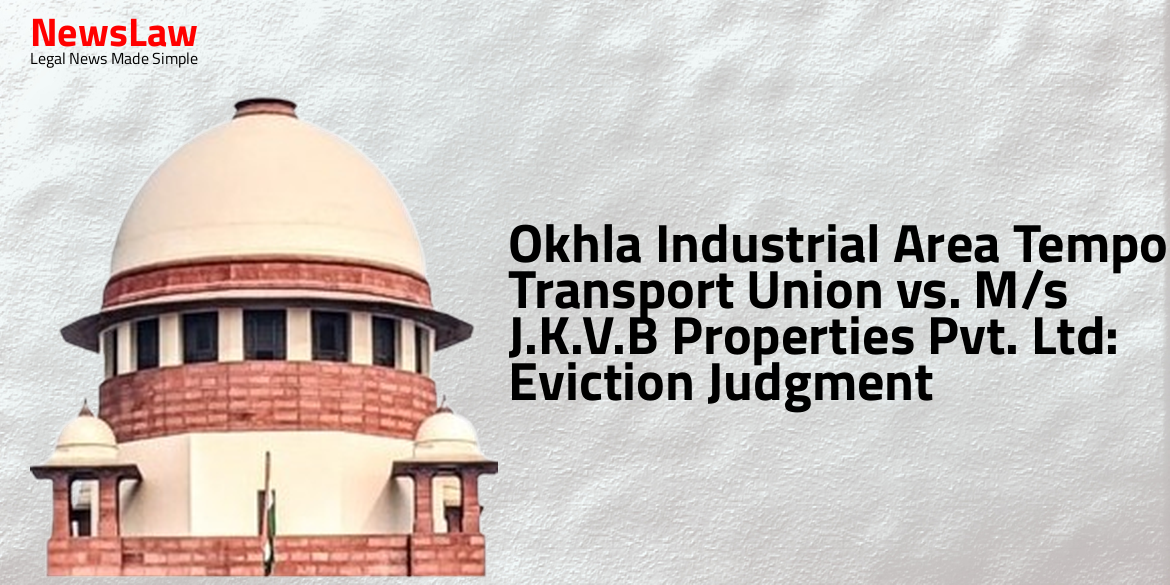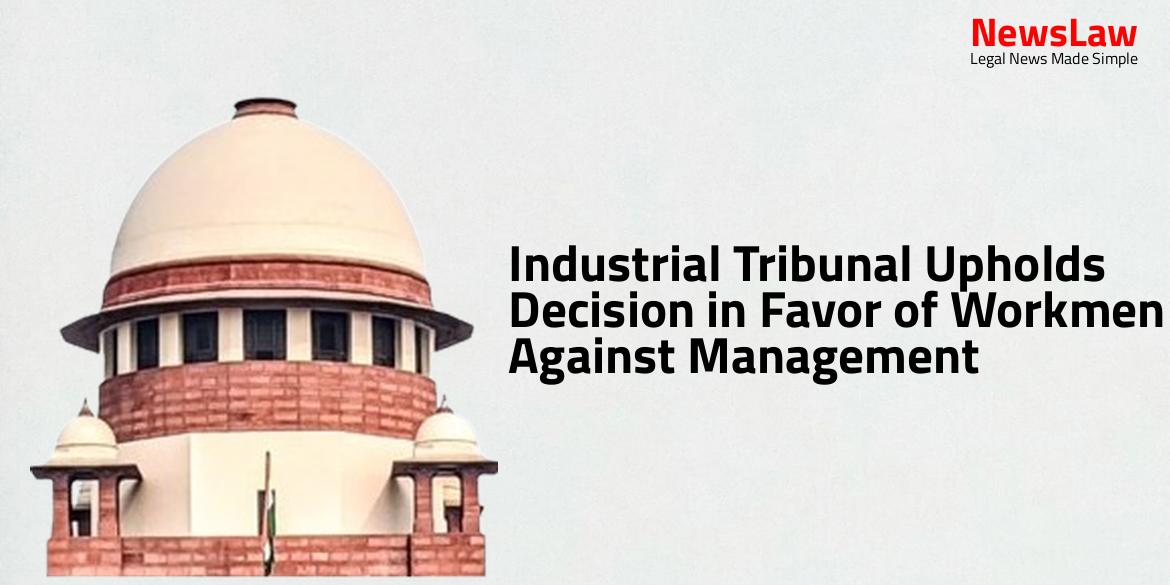That, the building “Paville House” was constructed by the assessee on the piece of land which was purchased in the year 1972. The working computation of capital gains was accepted by the AO, whereby the cost of removing encumbrances claimed (Rs.10.33 Crores paid to three shareholders pursuant to the interim award) was taken as “cost of improvement” and the deduction was claimed to remove encumbrances on computation of capital gains. The Commissioner vide its order dated 24.11.2011 held that the assessment order passed under Section 143(3) of the IT Act was erroneous and prejudicial to the interest of the revenue on the issue relating to deduction of Rs.31.05 Crores claimed by the assessee as cost of improvement while computing long term capital gains.
3
Also Read: https://newslaw.in/case-type/civil/c-a-no-003481-003481-2022/
The Commissioner also held that provisions of sections 50A and 55(1)(b) of the IT Act have not been complied with and the assessment order is not framed in consonance with the provisions of the IT Act and thus the assessment order was erroneous and prejudicial to the interest of the revenue.
The ITAT also upheld the allowability of the assessee’s claim of deduction of payment made to the shareholders relying upon the decision of the Bombay High Court in CIT Vs. 5
The Department’s appeal against the ITAT’s order has been dismissed by the High Court by the impugned judgment and order wherein the High Court has confirmed the ITAT’s findings. 1
Also Read: https://newslaw.in/case-type/civil/acquisition-of-land-and-deemed-lapse-under-the-act-2013/
It is submitted that the High Court has not at all Civil Appeal
No 6126 of 2021 appreciated the fact that the view taken by the AO in allowing the expenses of Rs.31.05 Crores while computing the capital gain from sale of the land was erroneous and not as per the law as payments made to shareholders are neither expenses nor the said payments have any relation to the asset under consideration. 2 It is further submitted that Commissioner rightly observed that the assessee company was the clear owner of the property and that there was no encumbrance preventing the sale of the said property.
3 It is submitted that both, the ITAT as well as the High Court have committed error in setting aside the Civil Appeal
No 6126 of 2021 order of the Commissioner on the basis of the ratio laid down in the cases of Chemosyn Ltd. 1 It is vehemently submitted by learned Counsel appearing on behalf of the assessee that in the facts and circumstances of the case, no error has been Civil Appeal No 6126 of 2021 committed by the High Court in upholding the order passed by the ITAT setting aside the order passed by the Commissioner holding that the Commissioner wrongly exercised the revisional powers under Section 263 of the IT Act. 3 It is submitted that the order passed by the AO was a well-reasoned order passed after scrutiny of the return of income and the view taken by the AO was plausible view and therefore, the assessment order cannot be considered to be erroneous and prejudicial to the interest of the Revenue, which was required to be taken in revision by the Commissioner under Section 263 of the IT Act. As observed and held, if the AO has Civil Appeal No 6126 of 2021 adopted one of the courses permissible in law and it has resulted in loss of revenue or where two views are possible and the AO has taken one view with which CIT does not agree, it cannot be treated as erroneous order prejudicial to the interest of revenue. 6 It is further submitted by the learned Counsel appearing on behalf of the assessee on encumbrances that in the present case there was arbitration proceeding between the shareholders of the company whereof
Also Read: https://newslaw.in/case-type/civil/taxation-of-engineering-design-drawings-goods-or-services/
all the litigations came to an end and an interim arbitration award was entered into whereby the entire matter was amicably settled and the settlement which is “Family Settlement” partook the character of an interim award and later on achieved its finality on fulfillment of commitment. It is submitted that therefore the payment was necessitated and sanctioned and approved as per the orders of the High Court and the arbitration award as well as shareholders themselves.
In the present case, the Commissioner, in exercise of the powers under Section 263 of the Income Tax Act and in exercise of the revisional jurisdiction, set aside the assessment order by specifically observing that the assessment order was erroneous as well as prejudicial to the interest of the Revenue. It is true that in the said decision and on interpretation of Section 263 of the Income Tax Act, it is observed and held that in order to exercise the jurisdiction under Section 263(1) of the Income tax Act, the Commissioner has to be satisfied of twin conditions, namely, (i) the order of the Assessing Officer sought to be revised is erroneous; and (ii) it is prejudicial to the interests of the Revenue. There must be some grievous error in the order passed by the Income Tax Officer, which might set a bad trend or pattern for similar assessments, which on a broad reckoning, the Commissioner might think to be prejudicial to the interests of Revenue Administration.” Every loss of revenue as a consequence of an order of the Assessing Officer cannot be treated as prejudicial to the interests of the Revenue, for example, when an Income Tax Officer adopted one of the courses permissible in law and it has resulted in loss of revenue; or where two views are possible and the Income Tax Officer has taken one view with which the Commissioner does not agree, it cannot be treated as an erroneous order prejudicial to the interests of the Revenue unless the view taken by the Income Tax Officer is unsustainable in law.
Case Title: THE COMMISSIONER OF INCOME TAX 7 Vs. M/S PAVILLE PROJECTS PVT LTD. (2023 INSC 325)
Case Number: C.A. No.-006126-006126 / 2021



